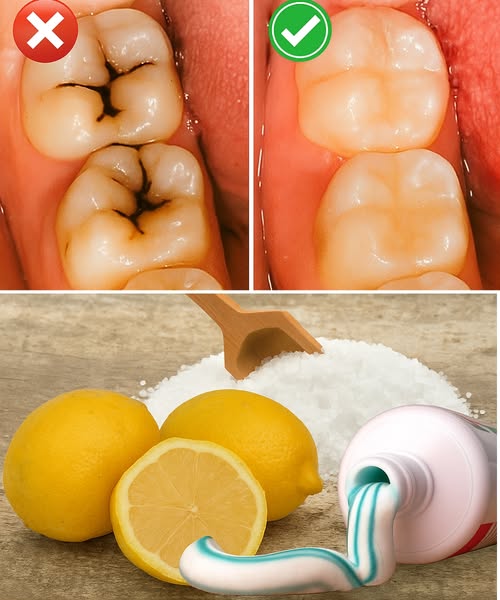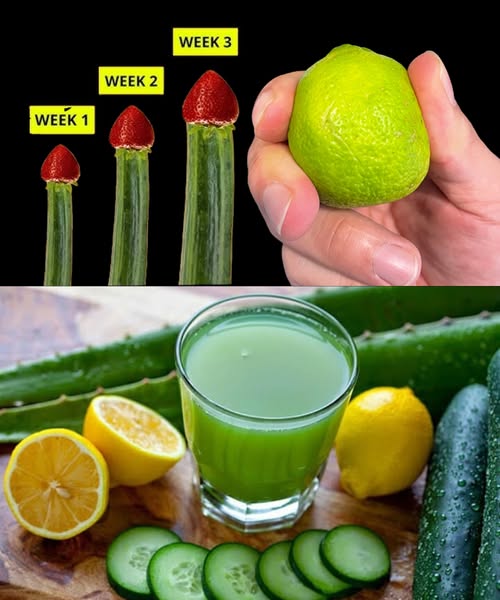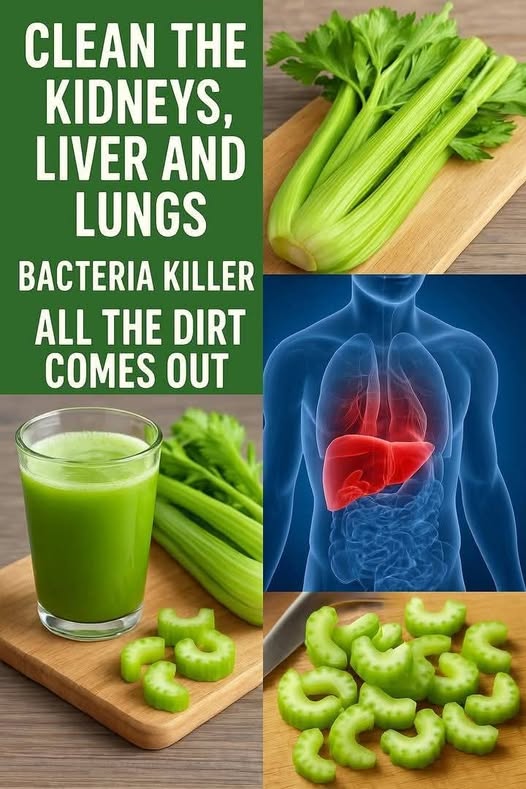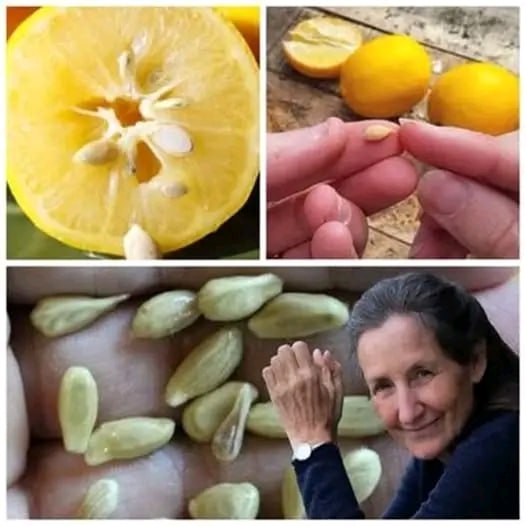Introduction

Imagine waking up one morning and noticing a sharp pain in your tooth. The first thought that crosses your mind is the dentist’s chair—drills, needles, and an expensive bill. But what if there were natural, science-backed ways to repair cavities at home, avoid costly dental visits, and restore your smile naturally?
Dental cavities are one of the most common health problems worldwide, with over 2.3 billion people affected globally according to the World Health Organization (WHO). Cavities don’t just ruin your smile—they can lead to severe infections, tooth loss, and even long-term health issues if left untreated. While professional dental care is essential in advanced cases, studies reveal that in the early stages, cavities can be naturally reversed with the right approach.
This article explores 7 proven strategies to naturally repair a cavity, supported by research, expert insights, and actionable tips you can start today. If you want to avoid frequent dentist visits, save money, and protect your teeth, keep reading—this guide is for you.
What Is a Cavity and Can It Really Be Repaired Naturally?
A cavity, also known as dental caries, occurs when tooth enamel breaks down due to acid-producing bacteria in the mouth. This process starts with demineralization, where calcium and phosphorus are stripped away from the tooth.
Here’s the good news: early-stage cavities can be healed naturally through a process called remineralization, where lost minerals are restored to the tooth surface. However, once a cavity progresses to a deep hole, only a dentist can repair it.
The key is to act early and use natural methods to stop cavities before they worsen.
7 Natural Ways to Repair a Cavity at Home
1. Optimize Your Diet with Mineral-Rich Foods
Your diet is the foundation of natural cavity healing. Certain foods strengthen enamel, while others feed harmful bacteria.
- Eat More:
- Dairy products (milk, cheese, yogurt) – high in calcium and phosphorus.
- Leafy greens like spinach and kale – packed with magnesium.
- Bone broth – excellent for collagen and minerals.
- Wild-caught fish – rich in vitamin D and omega-3s.
- Avoid:
- Refined sugar (feeds cavity-causing bacteria).
- Processed foods and soda (acidic, strips enamel).
- Excessive starches (turn into sugars in the mouth).
👉 Pro Tip: Incorporate foods from the Weston A. Price diet, which showed dramatic improvements in cavity prevention and reversal in early clinical studies.
2. Use Remineralizing Toothpaste or Natural Alternatives
Fluoride toothpaste is widely recommended, but natural remineralizing options exist too. Look for toothpaste or powders with:
- Hydroxyapatite (a natural form of calcium phosphate proven to rebuild enamel).
- Xylitol (reduces cavity-causing bacteria).
- Calcium carbonate and magnesium for strengthening.
Natural DIY alternative: Coconut oil pulling with baking soda and a pinch of sea salt can create an alkaline environment that promotes remineralization.
3. Oil Pulling: An Ancient Secret for Stronger Teeth
Oil pulling, an Ayurvedic remedy, involves swishing oil (like coconut oil) in your mouth for 10–20 minutes.
- Coconut oil contains lauric acid, which kills harmful bacteria like Streptococcus mutans, the main culprit behind cavities.
- Studies show oil pulling can reduce plaque, freshen breath, and support gum health.
👉 Do this once a day, preferably in the morning, before brushing your teeth.
4. Increase Vitamin D and K2 Intake
Without enough vitamin D, your body cannot properly absorb calcium to repair teeth. Vitamin K2 works alongside D to ensure minerals reach the teeth instead of depositing in arteries.
- Sources of Vitamin D: Sunlight, cod liver oil, egg yolks.
- Sources of Vitamin K2: Grass-fed butter, fermented foods (natto, sauerkraut), hard cheeses.
Studies confirm that children with higher vitamin D intake showed a significant reduction in cavity formation.
5. Rinse with Mineral-Rich Solutions
Instead of conventional mouthwash (which often contains alcohol that dries the mouth), use mineral-rich rinses.
- Homemade Remineralizing Rinse Recipe:
- 1 cup filtered water
- 1 tsp calcium carbonate powder
- 1 tsp xylitol
- 2 drops peppermint oil (optional)
This natural rinse restores minerals while keeping your mouth alkaline.
6. Stay Hydrated and Balance Oral pH
Saliva is your body’s natural defense against cavities, as it washes away bacteria and delivers essential minerals to your teeth.
- Drink at least 8 glasses of water daily.
- Chew sugar-free gum with xylitol to stimulate saliva production.
- Avoid acidic drinks like soda and citrus juices that lower oral pH.
Maintaining a neutral pH environment is key to natural cavity repair.
7. Regularly Clean Your Teeth—But the Right Way
Brushing and flossing are essential, but technique matters:
- Use a soft-bristle toothbrush to avoid enamel erosion.
- Brush twice daily for at least 2 minutes.
- Floss daily to remove bacteria between teeth.
- Don’t brush immediately after acidic foods—wait at least 30 minutes.
Proper oral hygiene ensures remineralization has the chance to occur.
Frequently Asked Questions (FAQs) About Natural Cavity Repair
1. Can cavities really heal without a dentist?
Yes, if caught in the early stages of demineralization. Once a cavity forms a hole, professional intervention is necessary.
2. How long does it take to heal a cavity naturally?
With consistent lifestyle changes, early cavities can remineralize within 3–6 months.
3. Is fluoride necessary for cavity healing?
Fluoride is effective, but natural alternatives like hydroxyapatite and xylitol have shown promising results without potential side effects.
4. Can children’s cavities be reversed naturally?
Yes. Children’s teeth are more responsive to remineralization, but diet and vitamin intake play a huge role.
5. What are the warning signs that natural methods won’t work?
If you experience sharp pain, visible holes, swelling, or persistent sensitivity, seek dental care immediately.
Statistics That Highlight the Importance of Natural Cavity Repair
- 92% of adults aged 20–64 have had cavities in their permanent teeth (CDC).
- Children with higher vitamin D levels have 47% fewer cavities compared to those deficient (National Institutes of Health).
- Studies show that oil pulling reduces harmful bacteria by up to 50% in as little as two weeks.
These numbers prove that prevention and natural healing strategies are powerful tools in dental health.
Conclusion: Take Control of Your Oral Health Naturally
Cavities don’t have to mean endless dentist visits, costly treatments, and painful procedures. By making simple yet powerful lifestyle changes—like eating a mineral-rich diet, practicing oil pulling, using natural toothpaste alternatives, and boosting vitamin D and K2—you can stop cavities in their tracks and even reverse early-stage damage.
The key takeaway is this: act early, stay consistent, and give your body the tools it needs to repair naturally.
Remember, prevention is always better than cure. With these 7 proven natural strategies, you can enjoy a healthy, cavity-free smile for years to come—without dreading the dentist’s chair.


